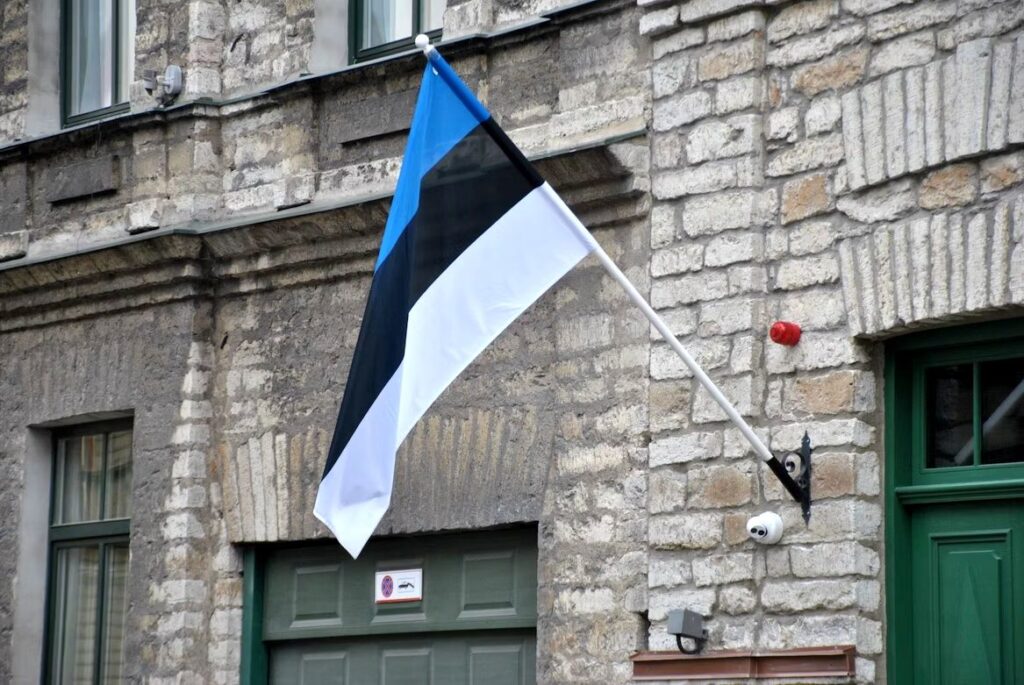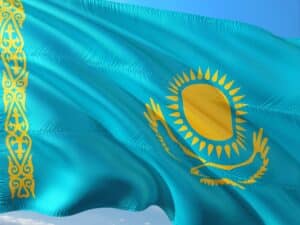Estonia, often perceived as a former Soviet republic with its historic capital Tallinn and the unique Estonian language, is more than a historical footnote. This Baltic nation is an exemplar of a thriving economy, a business-friendly tax system, and a state-of-the-art digital powerhouse.
Estonia’s Geographic and Historical Tapestry
Estonia, nestled in the northern part of the Baltic Sea between the Gulf of Riga and the Gulf of Finland, shares cultural and linguistic ties with the Nordic countries. A member of both NATO and the European Union, Estonia has adopted the Euro. Despite its brief independence in 1918 and subsequent Soviet annexation, Estonia re-emerged as a sovereign nation in 1991. Initially struggling economically, Estonia has since embraced bold tax and economic reforms, propelling its economy to impressive heights.

Estonia’s Economic Freedom
The 2022 Index of Economic Freedom, published by The Wall Street Journal and the Heritage Foundation, ranks Estonia 7th globally, showcasing its minimal state intervention and robust economic liberty. More details on this ranking can be found here.
Estonia: A Digital Superpower
Once a poor, economically lagging post-Soviet state, Estonia has transformed into a digital powerhouse. Its radical policy shift at the turn of the 21st century, recognizing internet access as a fundamental human right, catapulted Estonia into a leading digital nation. Today, Estonians can handle nearly all government services online, a significant time and cost saver. This digital proficiency also extends to voting, with over 40% participating online from anywhere in the world.
However, the nation’s cyber infrastructure wasn’t without challenges. In 2007, Estonia faced the world’s largest state-sponsored cyber-attack, leading to the establishment of the NATO Cyber Defence Centre of Excellence in 2018. Estonia is now among the top five nations best protected against cyber threats.

Estonia’s Innovative Corporate Income Tax (CIT) System
Estonia’s corporate tax system, a model of simplicity and efficiency, exempts undistributed profits from taxation. Companies reinvesting their earnings do not incur corporate income tax, fostering a favorable environment for business growth. In Estonia, the general corporate tax rate is 20%, reduced to 14% for regular dividend payments.
Estonia’s Tax System in the Global Context
Estonia’s tax system ranks first in the International Tax Competitiveness Index by The Tax Foundation, outperforming all OECD countries for eight consecutive years. Its success is attributed to a flat 20% corporate tax applicable only to distributed profits, a uniform 20% personal income tax not levied on personal dividend income, property tax focused solely on land value, and a territorial tax system exempting foreign profits from domestic taxation. This efficient tax framework makes Estonia a global leader in business-friendly tax policies.

Estonia’s Demographic Landscape
Estonia’s population, slightly over 1.3 million, is diverse, with native Estonians comprising about two-thirds and Russians forming the largest minority. Estonia has a stringent citizenship policy, particularly affecting the Russian-speaking population, largely due to historical Soviet policies.
The Estonian Language
Estonian, part of the Uralic language family, stands distinct from the dominant Indo-European languages in Europe. While the majority speaks Estonian, a significant Russian-speaking minority exists, a legacy of Soviet times. Younger Estonians are increasingly proficient in English, reflecting the country’s openness to global influences.
Personal Reflections on Living in Estonia
Despite Estonia’s allure as a business hub and tourist destination, its climatic conditions and shorter daylight hours in winter are significant deterrents for permanent residency, especially for those accustomed to milder climates. Estonians are known for their introverted nature, contrasting with the more extroverted Southern Europeans. However, once acquainted, Estonians are hospitable and friendly, making Estonia an intriguing destination, especially its medieval capital, Tallinn.
Estonia represents a remarkable blend of economic freedom, digital innovation, and a pragmatic tax system. While not a utopian society, due to its challenging climate and distinct social dynamics, Estonia stands as a model for legal and fiscal policies, offering valuable lessons for other European nations.















